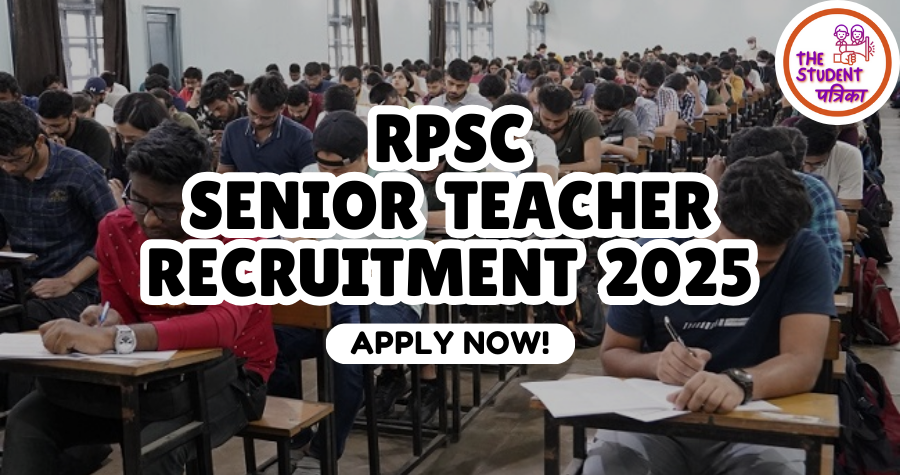.png)
On June 25, 2025, the Central Board of Secondary Education (CBSE) officially announced a major change in the board exam pattern for Class 10 students. Beginning with the 2026 academic session, students will have two opportunities every year to appear for their board exams.
This reform is aligned with the goals of the National Education Policy (NEP) 2020, which aims to reduce the high-stakes pressure of single-board exams and offer students more flexibility and choice.
Exam Timeline and Structure:
-
Two exam phases will be conducted:
-
Phase 1: In mid-February (Main Exam)
-
Phase 2: In May (Improvement or re-attempt)
-
-
Results will be declared separately:
-
Phase 1 results in April
-
Phase 2 results in June
-
-
Students will get two chances in the same year, and the better of the two scores will be considered for the final result.
Who Can Appear in Each Phase?
-
All students must appear in Phase 1, which is considered the main exam.
-
Students who want to improve their scores can appear in Phase 2.
-
Those who miss the first exam due to valid reasons—like sporting events or illness—can appear in Phase 2.
-
Students from winter-bound schools (like those in Jammu & Kashmir) will have the flexibility to appear in either of the two phases, depending on school scheduling.
-
The second attempt is not compulsory, and students can choose to skip it if satisfied with their Phase 1 performance.
Key Features of the New Exam Policy:
-
Internal assessments will be conducted only once, prior to Phase 1. The same scores will apply to both attempts.
-
Students will be allowed to improve up to three subjects - including Science, Maths, Social Science, or Languages—in Phase 2 to improve scores
-
The format and syllabus will remain consistent across both phases, so preparation doesn’t need to change drastically.
-
There will be no extra fees for the second attempt, as long as the guidelines are followed.
-
There will be no penalty for attempting the exam again—only the better score will be counted.
Why This Change Is Important?
This change is a significant step in transforming India’s exam system. The goal is to make exams less stressful and more student-friendly, in line with the vision of NEP 2020.
-
The high-stakes, one-time exam culture created unnecessary pressure on lakhs of students.
-
By offering two chances, CBSE is giving students room to learn from their mistakes and improve.
-
The system will also support holistic development, as it reduces the anxiety associated with a single exam attempt.
-
It’s particularly helpful for students who may face health issues, sports commitments, or other challenges during the main exam.
Also Read: Unveiling the National Education Policy 2020: Transforming India's Learning Landscape
What Students Should Do Now?
-
Be prepared for February 2026: Start your studies early and aim to do your best in the first attempt.
-
Use Phase 2 as a backup or improvement chance: If you feel you can do better in specific subjects, you'll get a second opportunity without any stigma.
-
Don’t skip internal assessments: These will still play a key role in your final grades and will be conducted only once.
-
Stay updated with official CBSE notifications and speak with school counselors or teachers for guidance.
Looking Ahead:
CBSE has hinted at more student-centric reforms, including:
-
Modular exams in the future
-
Objective + descriptive blended papers
-
Dual-level question sets (basic and advanced)
These changes will be implemented gradually and in consultation with schools and stakeholders.
The two-board-exam system for Class 10 marks a historic shift in India's education approach. It promotes flexibility, mental well-being, and academic improvement—ensuring that students are not bound by the pressure of a single exam day. For millions of Class 10 students and their parents, this change is both empowering and reassuring.
Stay updated with all education reforms, notifications, and exam insights at StudentPatrika.com – your trusted source for exam news, career guidance, and student-focused learning tools!
Comments
Very helpfull
Very helpfull
Your information is very useful
CBSE to Conduct Class 10 Board Exams Twice a Year Starting 2026: All You Need to Know | Student Patrika cvgymlsv http://www.g1se645q733z0ff6f31avaxun38xg646s.org/ [url=http://www.g1se645q733z0ff6f31avaxun38xg646s.org/]ucvgymlsv[/url] <a href="http://www.g1se645q733z0ff6f31avaxun38xg646s.org/">acvgymlsv</a>
CBSE to Conduct Class 10 Board Exams Twice a Year Starting 2026: All You Need to Know | Student Patrika xxjdgbtbp http://www.gtx73314w06842w2vomhsni50coj952ms.org/ <a href="http://www.gtx73314w06842w2vomhsni50coj952ms.org/">axxjdgbtbp</a> [url=http://www.gtx73314w06842w2vomhsni50coj952ms.org/]uxxjdgbtbp[/url]










